Search Results
1 – 10 of 952 search results for Russia
-
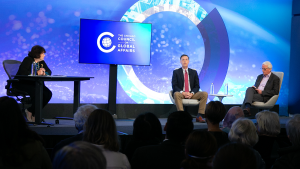
The Future of Russia's War in Ukraine
As Russia's war in Ukraine enters its second year, Jessica Tuchman Mathews moderates a discussion with Ivo Daalder and George Beebe on options for protecting Ukraine’s independence, ending Russian aggression, and keeping the US and Ukraine’s… -
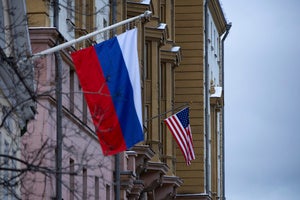 Public Opinion SurveyAlexander Zemlianichenko / AP
Public Opinion SurveyAlexander Zemlianichenko / APUS-Russia Relations in a Changing World
May 8, 2025, RESEARCH Public Opinion Survey, Alexander Zemlianichenko / AP, Download Report (PDF), Explore US-Russia survey research between 2021 and 2025., Introduction, Since 2017, the Chicago Council on Global Affairs and the Levada Center have jointly conducted opinion surveys in both the Uni...
-
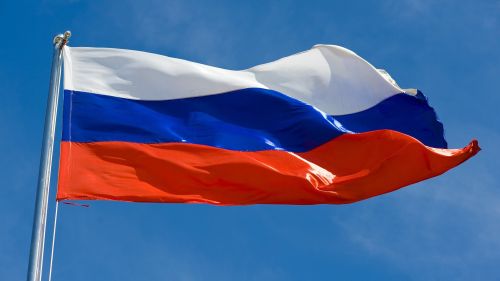 Igorn via Pixabay
Igorn via PixabayGlobally, Negative Views of Russia Predominate
The majority of countries polled in a recent 53-nation study hold negative views of Russia following its invasion of Ukraine.
-
 Defense and SecurityREUTERS
Defense and SecurityREUTERSInstability Spreads to Russia's Southern Border
What is behind the recent wave of instability between states on Russia’s southern periphery? Joshua Kucera and Madeleine Reeves discuss.
-
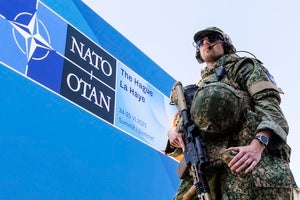 Geert Vanden Winjgaert / AP
Geert Vanden Winjgaert / APRussia's Drones, Europe on Edge
From Poland to Germany, Russian incursions are raising alarms. Experts break down the strategy, the risks, and what comes next.
-
 Public Opinion SurveyEvgeniy Maloletka / AP
Public Opinion SurveyEvgeniy Maloletka / APRussia's War in Ukraine: Partisan, Racial, and Generational Views on the US Role in the Conflict
July 17, 2024, RESEARCH Public Opinion Survey by Dina Smeltz , Lama El Baz , Heela Rasool-Ayub , Candace Rondeaux , and Christopher Shell, Evgeniy Maloletka / AP, Download Report (PDF), Majorities across the American melting pot support continued US aid to Kyiv., In April, President Joe Biden sig...
-
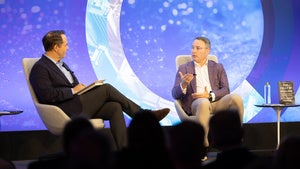 Ana Miyares Photography
Ana Miyares PhotographyThe Folly of Realism: Ukraine, Russia, and US Foreign Policy
Lt. Col. (ret.) Alexander Vindman and John Gans examine America's evolving Eastern Europe strategy and what Ukraine reveals about the future of US foreign policy. -
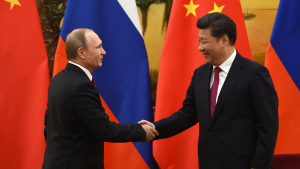 Reuters
ReutersRussia, China, and the Battle for Global Dominance
Catherine Ashton, Robert Kagan, Kishore Mahbubani, and Ivo Daalder discuss the new geopolitical order emerging from Russia and China’s efforts to counter US power. -
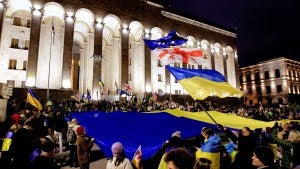 Global PoliticsAP Photos
Global PoliticsAP Photos2 Years In: The Russia-Ukraine War
Anton La Guardia, Catherine Philp, and Yaroslav Trofimov join Ivo Daalder to discuss the week's top news stories.